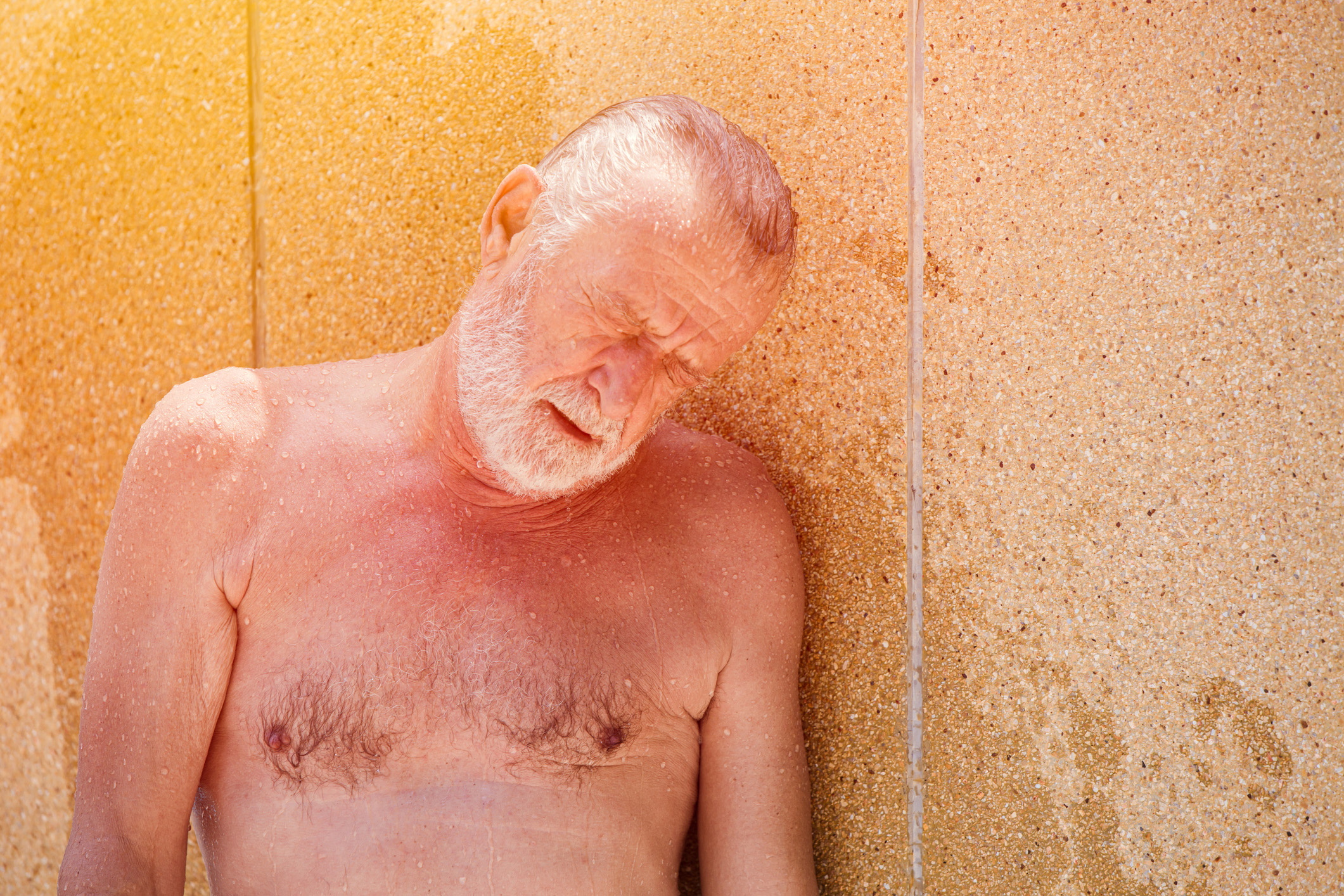It’s officially the first day of summer and warmer temperatures are bringing people outdoors more to garden, grill, hike, bike, or enjoy a book in the shade. But for older adults, excessive heat and sun can be dangerous without precautions; seniors are more likely to become dehydrated than younger people and may suffer heat-related health problems.
Hyperthermia
According to the National Institute on Aging, certain medications such as beta-blockers can lead to heat syncope; sudden dizziness that occurs when people are active in hot weather. It is more common among seniors and those who are not used to hot weather. Resting in a cool place, elevating the legs, and drinking water should relieve any faintness.
Hyperthermia is an umbrella term for heat-related illness; in addition to heat syncope, older adults may also experience heat cramps, swelling of the ankles and feet, or heat exhaustion. Cooling off inside or in the shade with plenty of fluids and legs up should relieve symptoms but older adults or their caregiver should seek medical help if cramps, dizziness, or other heat-related symptoms persist. Avoid beverages with caffeine or alcohol.
Heatstroke is a serious medical emergency and older adults and people with chronic health problems are at greater risk for this life-threatening illness. Plan outdoor activity during the coolest part of the day in the early morning or evening, keep the house cool inside with air conditioning, fans, and by opening windows at night. Closing windows and drawing shades or curtains during the hottest part of the day can help keep the indoors cooler.
Seniors spending time outdoors should dress in lightweight and light-colored clothing, wear a hat, and drink plenty of fluids during the day. Don’t forget to wear sunscreen and insect repellent outdoors and check the weather forecast to plan the coolest time of day to be outside.
Caregivers and loved-ones of older adults can help seniors stay safe during the summer months by keeping in touch regularly in person or over the phone. At least once a week someone should visit to make sure the home is cool enough; indoor temperatures should never exceed 80 degrees. Older adults may qualify for assistance programs from utility companies to help cover the expense of running an air conditioner.
Food and Medication
Some medications can also be affected by higher temperatures, talk with your doctor about how to store prescription drugs in the heat. Food will also spoil faster during the summer months and foodborne illnesses are more common during hot weather. Perishable foods should be stored in the refrigerator and any food left out for more than two hours may not be safe to eat; toss any food left out in 90-degree weather for over an hour.
Learn more about staying safe in hot weather by following this link to HealthinAging.org






Add Your Voice
0 Comments
Join the Discussion